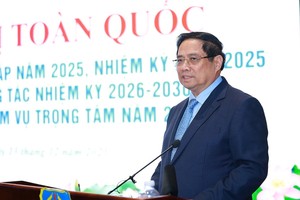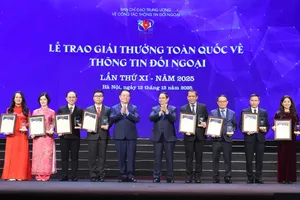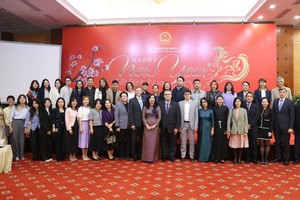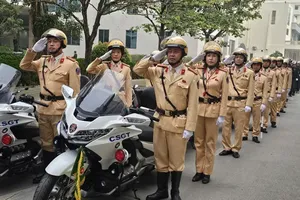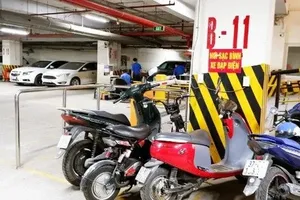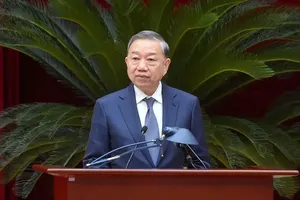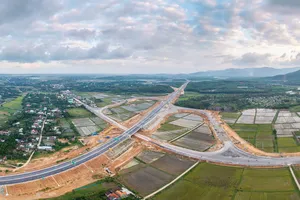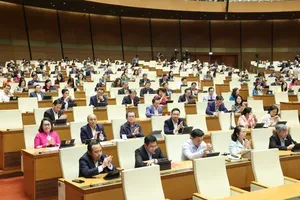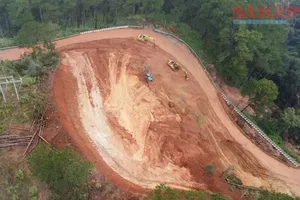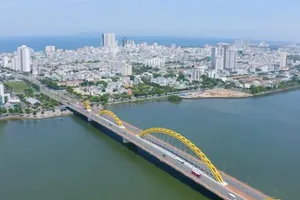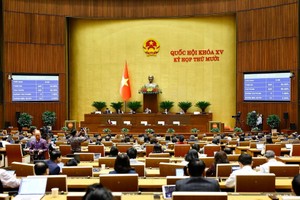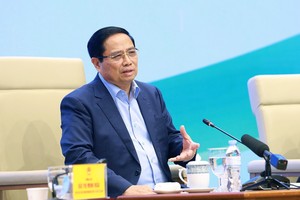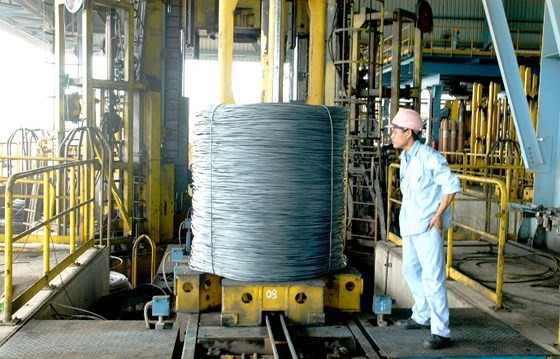
According to the Vietnam Steel Association (VSA), as of April 30, 2019, Vietnam exported nearly 2.8 million tonnes of steel, up 13.7 percent against the same period last year.
Nguyen Van Sua, an expert in the steel industry, said export products of Vietnam and the EU are supplementary without direct competition.
However, Vietnam’s steel exporters have so far just focused on some traditional markets like the Association of Southeast Asian Nations (ASEAN) and the US while neglecting the EU.
For example, the ASEAN made up 61 percent of Vietnam’s export of steel sheets, the US 8.1 percent and Europe 7.1 percent, according to the VSA.
In the context of global competition and increasing application of trade defence measures, the search for and diversification of export markets is essential, Sua said, adding that with the signed free trade agreements (FTAs), including the EVFTA, Vietnam could optimise tariff incentives to boost exports to the EU.
Deputy head of the ministry’s Multilateral Trade Policy Department Pham Quynh Mai said the provisions in FTAs work to Vietnam’s advantage; however, if businesses do not know how to optimise these advantages, they will not be able to expand the markets and increase export value.
She suggested businesses study the FTAs in order to apply the rules on origins in the most effective way, while continuing to modernize technology to meet technical standards.
Nguyen Manh Tuan, Director General of Hoa Phat Group, the largest steel maker in Vietnam, said to maintain its share in the domestic market and expand markets in the EU, his company is taking a lot of measures to improve product quality, reduce cost and enhance customer service.
A majority of Vietnamese steel firms are operating at small scale, so their production, technology and financial capacity is limited.
To make inroads into the European market and avoid trade lawsuits, the steel sector needs to develop large-scale enterprises and proactively study the export markets’ tariff regulations and trade defence measures.
